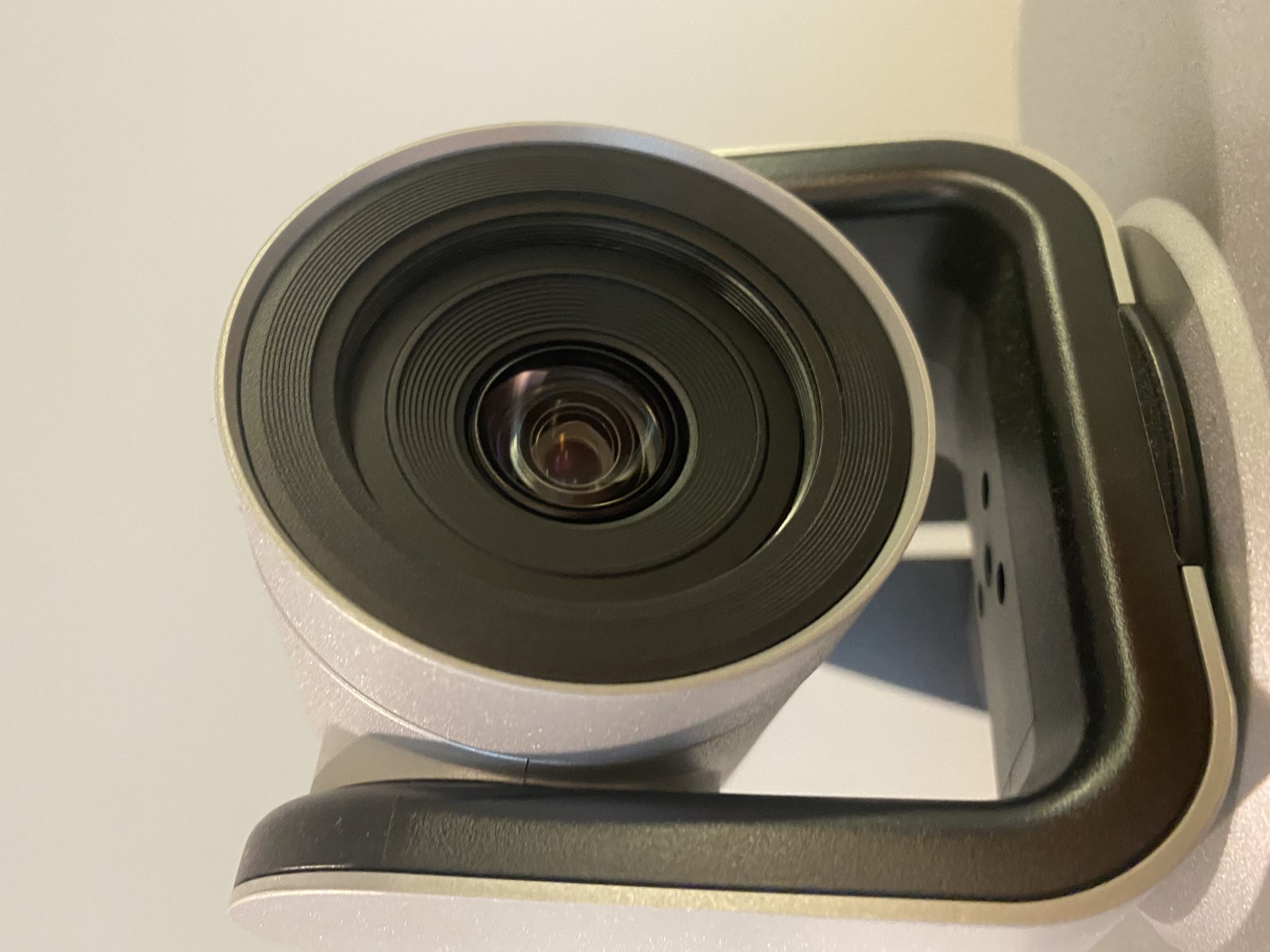
Richard Marks is an NHS Consultant and Registered Mediator
Workplace mediation is always emotionally fraught. Unlike business disputes, where the money and the terms of the settlement can be looked at dispassionately and cold-bloodedly, workplace disputes always have a large personal component and are highly sensitive.
Within the NHS, mediation is being increasingly used to resolve workplace disputes, but the logistics have always been difficult. Finding suitable accommodation, maintaining the privacy of the participants during their working day and agreeing on the format of the mediation have always been stumbling blocks and have led to significant delays and difficulties. The Covid pandemic has forced this process to go online. In my experience, this has been hugely beneficial and has made the whole process much easier and much more successful.
The most immediate and obvious advantage is the relative informality that it brings, together with a lack of the confrontation that a face-to-face meeting can incur. In long-standing disputes where the parties can barely agree to be in the same room as one another then this has been especially helpful. Even when the parties are prepared to talk to one another, being in their home environment makes it less stressful. And it also, in a strange way, changes the perspective on an individual by revealing them in their home environment as a person not a worker.
Although not every participant has been happy with showing their home. In one mediation I carried out one of the participants took part from her phone while sitting inside her car. She was parked in the hospital car park. She also used audio-only for most of the mediation, switching to video just towards the end when she was talking privately to one of the mediators. I doubt that she would have participated in the mediation at all if this level of privacy had not been an option.
Mediation from home also transforms the “down times” when the mediator is having a private discussion with the other party. In mediations that I have carried out inside a hospital, the party that is outside the ongoing discussion is compelled to sit around at work, feeling awkward, ectopic and like they are wasting their time. From home they can make coffee, perhaps consult with a friend and take stock of the situation. They can also benefit from the down time.
Removing the need to find rooms for mediation has also been a big advantage of the move online. Even before Covid, it was difficult to find rooms that were suitable and available, and frequently the mediations were held offsite that was inconvenient to everybody. Doing away with the need to find rooms significantly increases the speed at which mediations can be arranged.
There are those that think online mediation makes it harder to read the body language of the participants. Maybe this is true. On the other hand, it makes it easier to look more closely into the faces of the speakers without appearing to stare.
Drawing up the mediation agreement has also been easier – I have opted to screen-share and to write the document myself while allowing both parties to agree on the wording of every sentence. This has been quicker than the old process and makes it much easier to focus on the exact wording of crucial clauses.
My preference for software has been Zoom. Many NHS organisations had adopted Microsoft Teams as their videoconferencing tool but until recently Breakout Rooms were not available in Teams. More recent versions of Teams do have this facility, which needs to be switched on in General Settings, and we will be trialling that in our next mediation
